Blog
Echiche anyị, echiche na ihe ọ bụla ọzọ
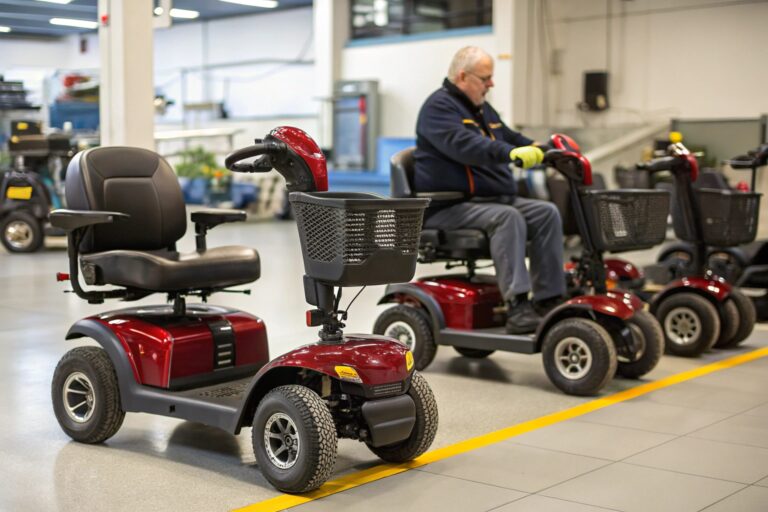
Kedu ụdị scoolity scouter na-enye nke ọma R2B?
You have limited capital to invest in inventory, and choosing the wrong mix of scooters can hurt your cash flow and profits. You need to know which model will make you more money. While it depends on your specific market, four-wheel mobility scooters generally offer a better overall Return on Investment (ROI) for distributors. This is due to their higher
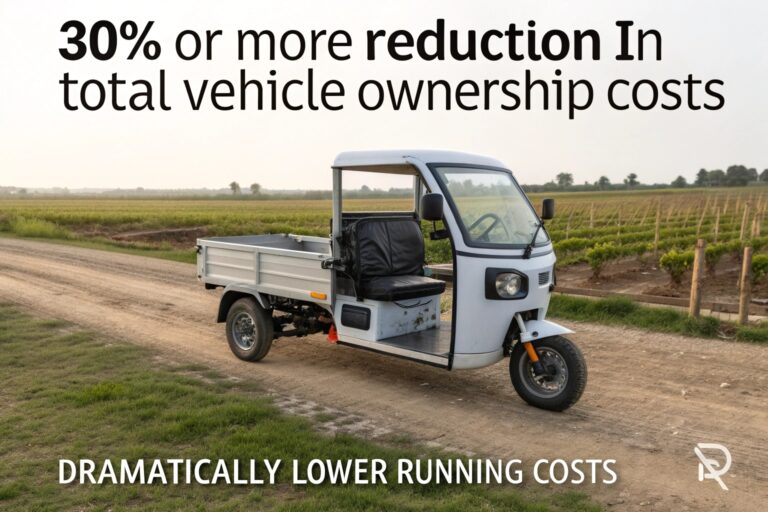
What are the environmental benefits of electric tricycles on farms?
Farmers see their fuel bills go up every year while facing pressure to be more sustainable. They are caught between rising costs and environmental responsibility, a problem that directly impacts their profits. Electric tricycles offer a powerful solution by drastically cutting emissions, lowering operational costs, and creating a healthier work environment. Paired with on-farm solar, they create a nearly zero-carbon,
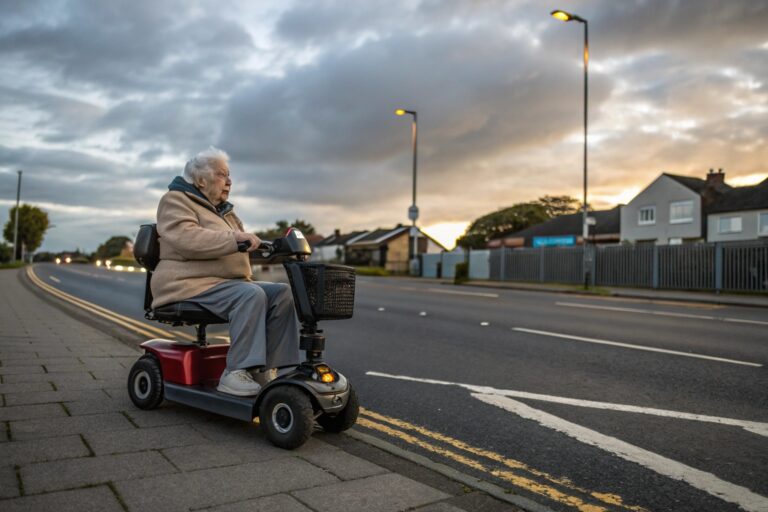
Kedu oge enwere ike ịgbagharị scouter scoot n'ezie - ọ bụkwa iwu?
Your customers want to know how fast scooters can go. You want to give them a clear answer but worry about the complex laws and safety rules that come with speed. Most mobility scooters have a top speed between 4 mph and 9 mph (about 6-15 km/h). This speed is intentionally limited by the factory to comply with laws for
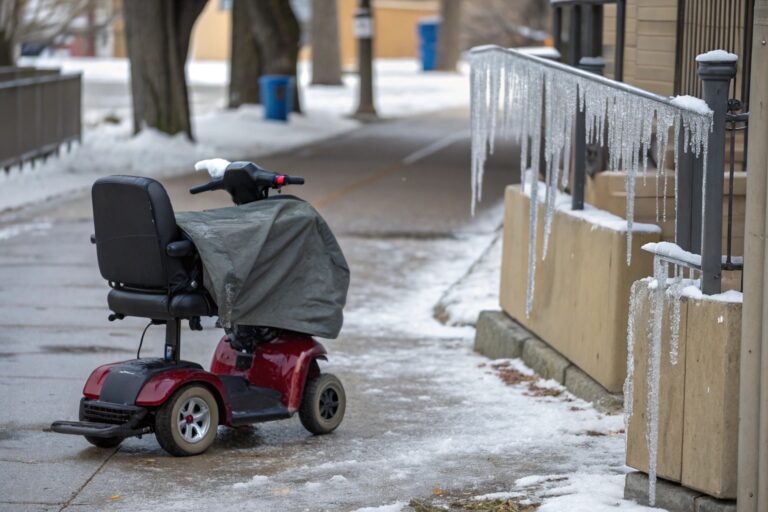
Ọnọdụ n'èzí nwere ike imebi scouser na-agagharị?
You assure your customer the scooter is durable, but it fails after a season of being left outside. This leads to warranty claims, angry customers, and damage to your reputation. Rain, intense sun, freezing cold, and snow are all enemies of a mobility scooter. Each condition attacks different parts of the vehicle, from the electronics and battery to the frame
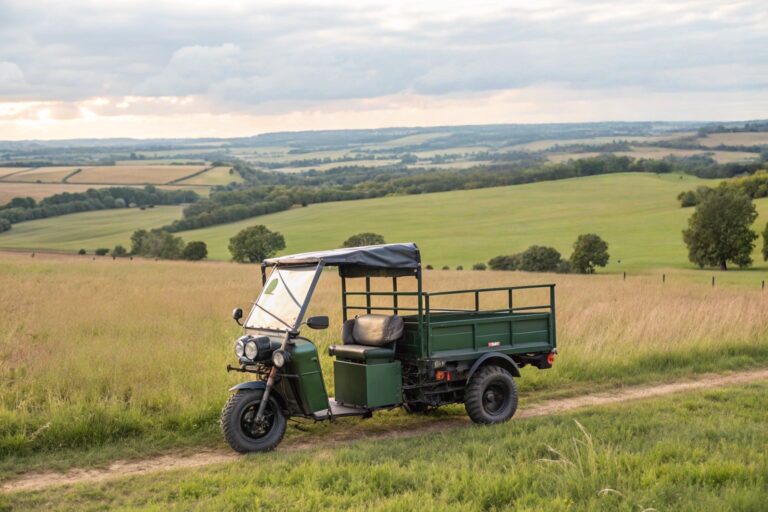
Kedu ihe na - eme ka ụgbọ eletrik na - eme ka ugbo ala na - eme ugbo ala
That shiny new electric tricycle looks great, but it breaks down after one season on the farm. This common problem costs farmers valuable time and money during their busiest periods. A true farm vehicle combines raw performance, regulatory compliance, and rugged durability. It must have a high payload capacity, a reinforced frame, and weather-sealed electronics to provide a real return
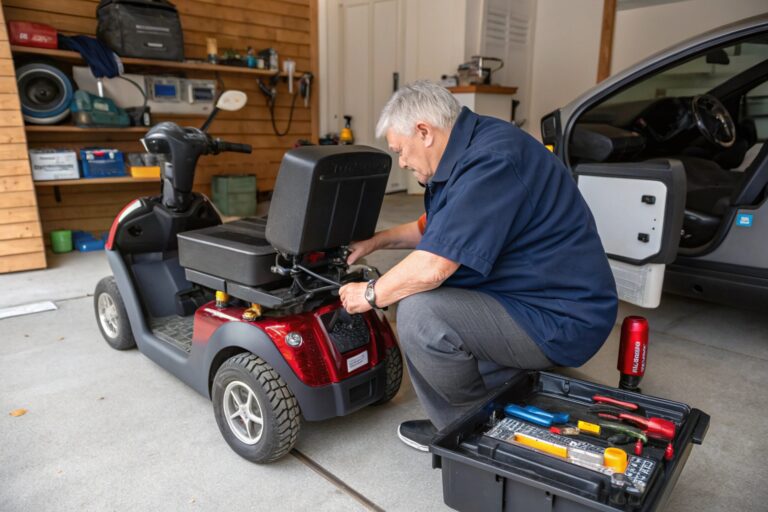
Can you upgrade a mobility scooter battery for more power or range?
Your customers always ask the same question: "Can it go further?" Offering a battery upgrade seems like a great way to increase sales, but you worry that it could lead to damaged scooters or unhappy clients. Yes, you can upgrade for more range by using batteries with a higher Amp-hour (Ah) rating, as long as they fit. You cannot safely
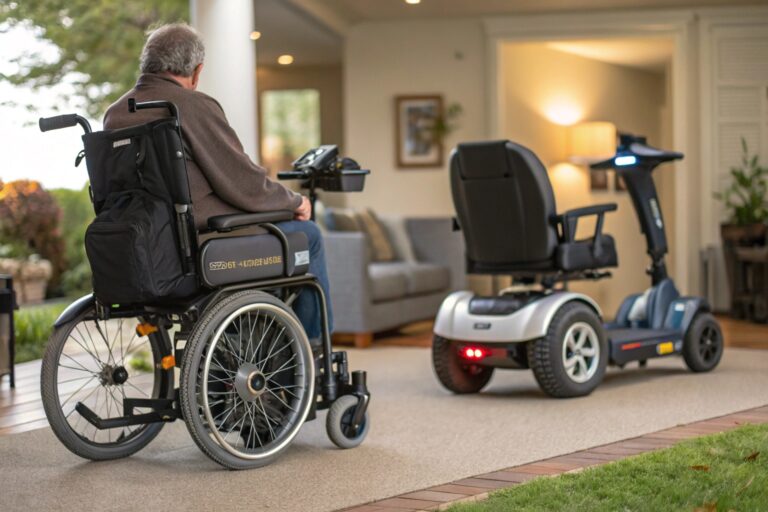
Mobility Scooter or Electric Wheelchair? How to Guide Your Customers
Your customer is confused. They know they need help getting around, but the choice between a mobility scooter and an an electric wheelchair is overwhelming. This confusion leads to frustration and lost sales. Guide your customers by asking about their lifestyle, not just their disability. A scooter is for transportation to go places. An electric wheelchair is for mobility support
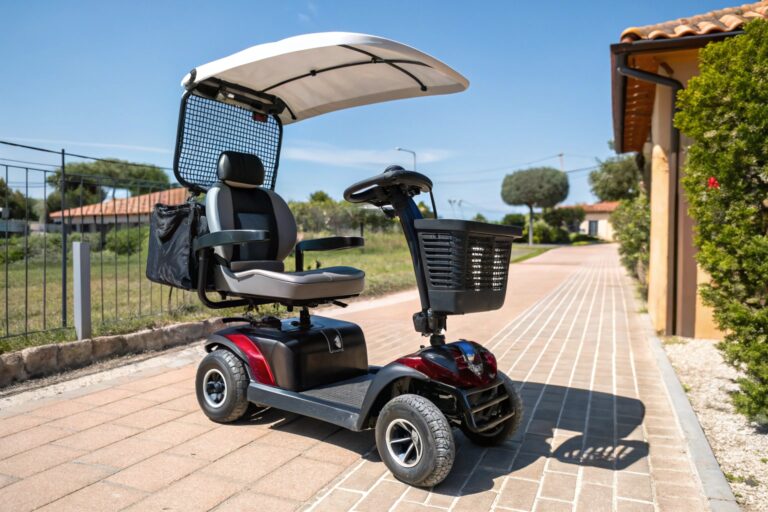
Which Type of Mobility Scooter Is Best for Elderly Users in Warm Countries?
Choosing a standard scooter for a hot climate can lead to disaster. Imagine your customers stranded with a dead battery or, worse, suffering from heatstroke. This is a real risk. The best scooter for an elderly user in a warm country combines a stable 4-wheel design, a heat-resistant battery like LiFePO₄, and comfort features like a sun canopy and a
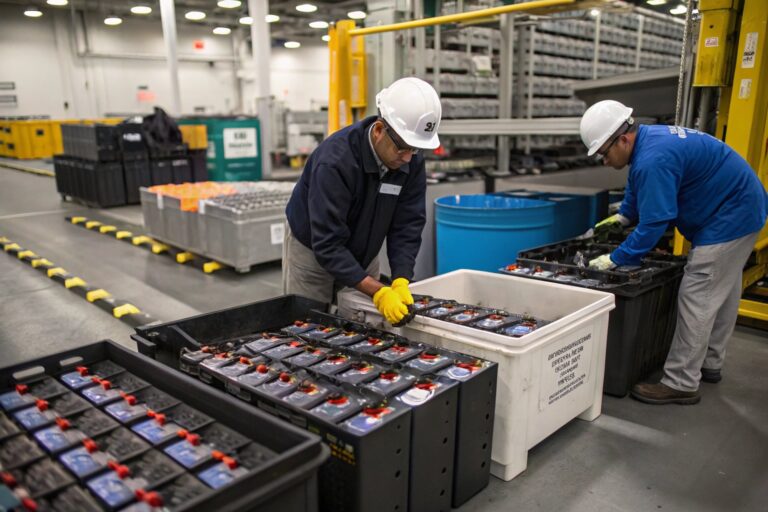
How to dispose of mobility scooter batteries safely and legally?
An old battery is now hazardous waste sitting in your workshop. You know you can’t just throw it away, but the rules seem confusing, and a mistake could be dangerous or illegal. Never put scooter batteries in the regular trash. Take them to an auto parts store, your local recycling center, or a designated hazardous waste facility. This is both
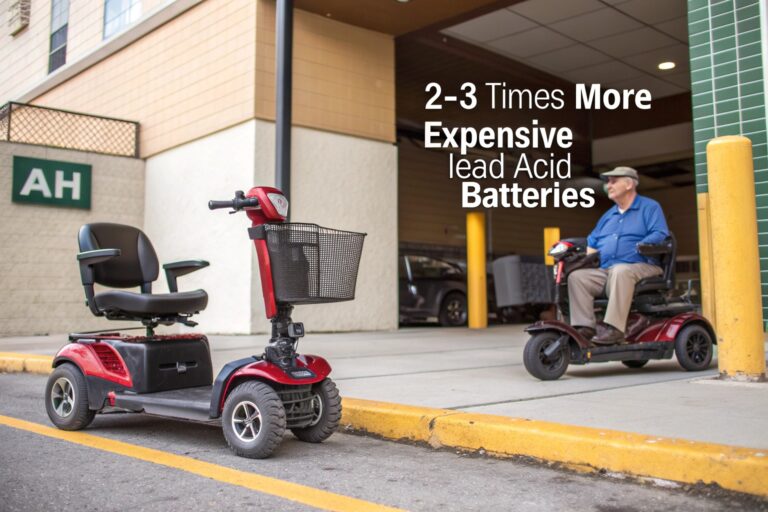
Ego ole ka batrị scoutial na-eri nri, oleekwa ebe ị ga-azụ ha?
Sourcing batteries feels like a gamble. You see huge price differences and worry about overpaying for bad products that could hurt your business and reputation with your customers. Wholesale, a pair of lead-acid batteries costs $30-$70, while a lithium set costs $100-$300+. Distributors source them from the original scooter factory, specialized battery makers, or vetted suppliers on B2B platforms like

